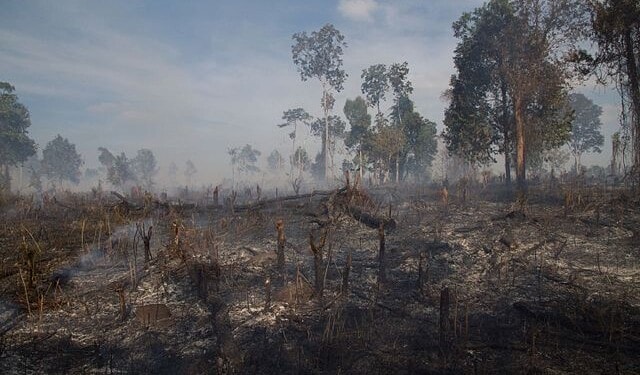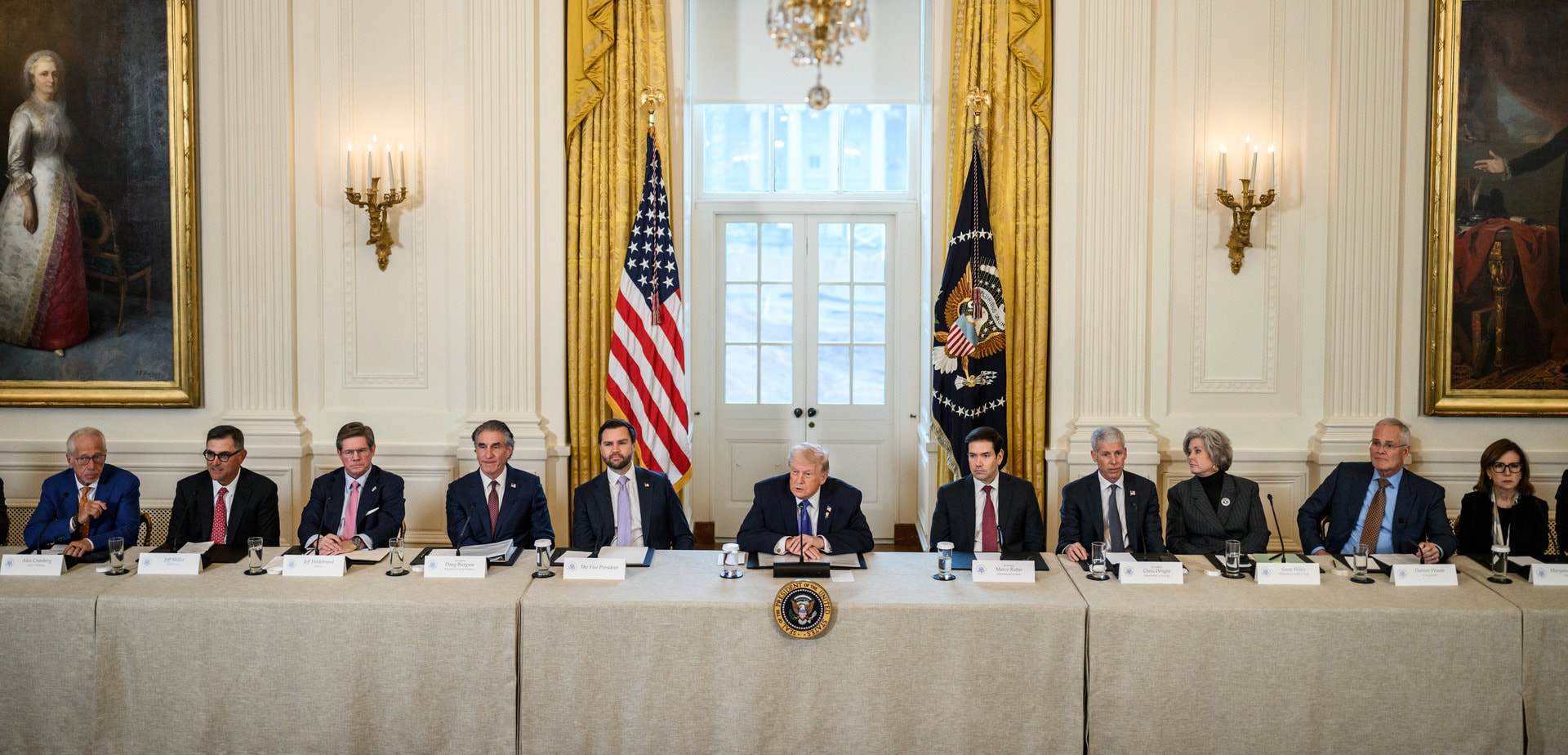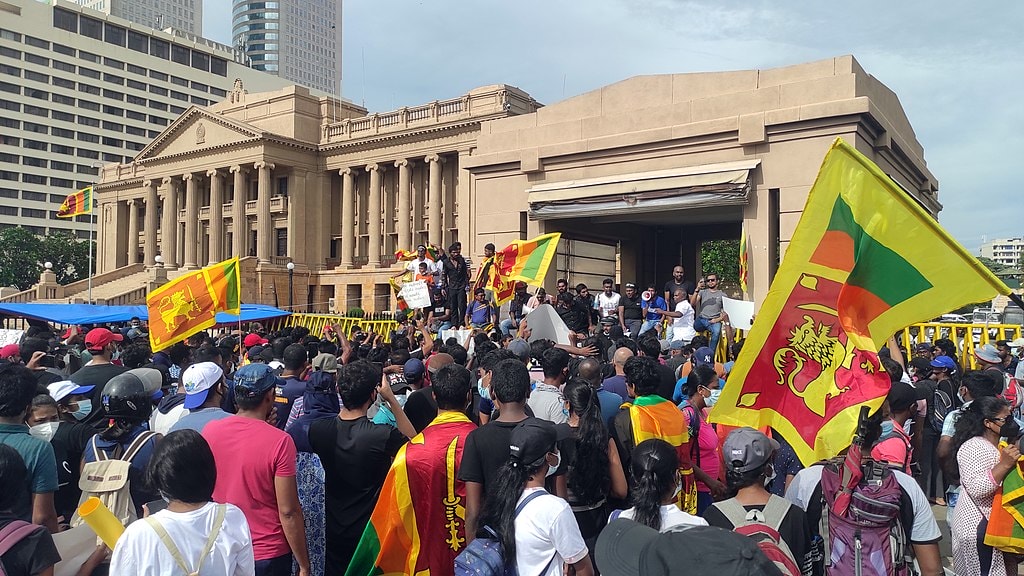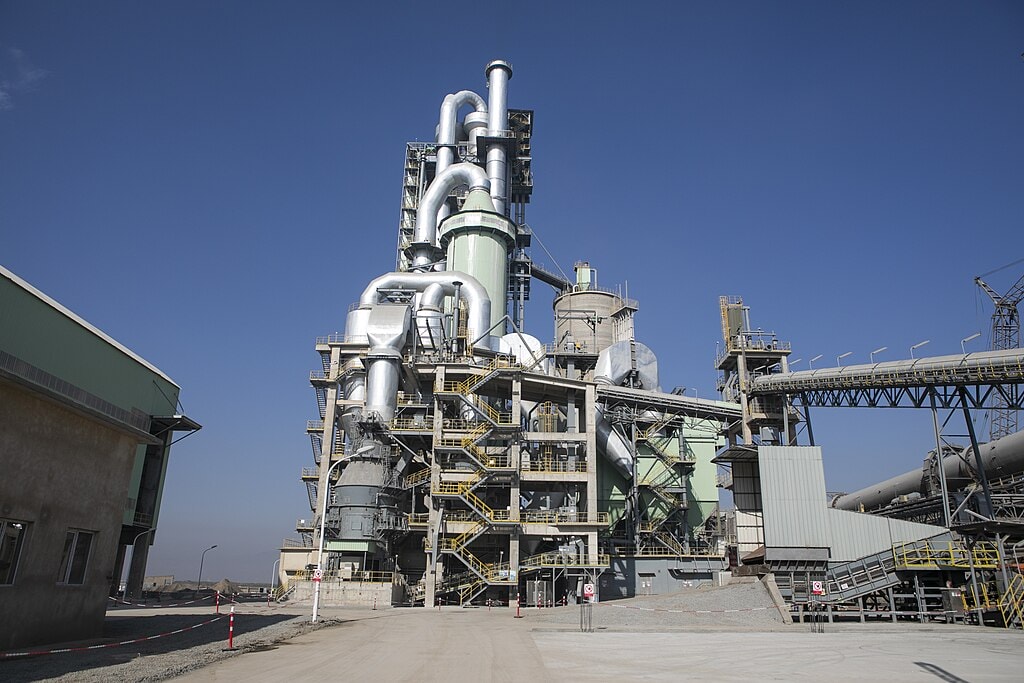Founded in 2013 after a planned hydropower project threatened to wreak havoc in the Cardamom Mountains, Mother Nature is a group made up of young activists fighting to protect Cambodia’s vast environment from widespread destruction.
Now many of these Mother Nature activists are spending jail time for their actions as the Cambodian government cracks down on environmental activists in the country. Thon Ratha and Long Kunthea are part of these bright young activists jailed for more than a year because of their attempts to protect the environment.
Why Cambodia has environmental issues: Economic motives tend to prevail as logging goes ahead unimpeded
Cambodia is home to a rich, biodiverse ecosystem which contains a plethora of endangered species and thousands of species of fish the country relies on — yet constantly Cambodia is under fire.
Seen as a perfect place to reap timber and sand for economic benefit, many suspect Prime Minister Hun Sen’s government allows illegal timber traders and sand dredgers to clear out forests and rivers.
In fact, in 2018 the Environmental Investigation Agency found evidence of illegal logging in three sites which the government was aware of, yet took no action against the illegal crimes.
This allowed assault by the government on the Cambodian environment has plunged the environment into chaos, with Cambodia’s once rich, biodiverse wildlife being reduced to smaller and smaller habitats as their forests are being wiped away.
According to Amnesty International, Cambodia has one of the highest levels of deforestation in the world, losing approximately 64% of its tree cover in 2011 alone.
Environment rights groups have also pointed out the country has lost around half of its wetlands in just 15 years. In Phnom Penh alone, the capital of Cambodia, 15 out of 25 lakes have been filled for construction purposes.
As the deterioration of Cambodia’s environment seems to be speeding up, Hun Sen has blamed deforestation on everything from the rising population to people in rural areas cutting down trees — everything but the government itself. He also defended filling in lakes saying it was necessary for national development.
In an effort to curb deforestation and other means of environmental destruction, in 2015 the Ministry of Environment began drafting the Environment and Natural Resource Code, ENR, to update and rework Cambodia’s environmental law framework.
If passed, the ENR Code would provide higher levels of environmental protection, openness and accountability compared to any current and existing law in Cambodia.
Yet more than five years later in 2020, the ENR bill is still stuck in limbo, and since 2020 no more updates on the bill have been given. With the Cambodian government slacking to protect its own environment, citizens took action into their own hands.
How Mother Nature started
After a hydropower project was planned to be built in the Cardamom Mountains in 2013, Alejandro Gonzalez-Davidson, a Spanish environmentalist, formed Mother Nature to protest the creation of such destructive projects like the hydropower project.
After years of group protests, the project was finally scrapped in 2017 — as a result of Mother Nature’s long and stubborn but effective activism.
Mother Nature has since then, worked on protesting other projects.
Ratha was a student working at a grocery store prior to Mother Nature. After attending a workshop in 2014 where co-founder Gonzalez-Davidson was speaking, Ratha began working for Mother Nature, conducting investigations into sand mining, the illegal trafficking of wildlife parts and the effects of mass construction in the coastal city of Sihanoukville.
The majority of the Mother Nature activists — most of them being in their late 20s — investigate issues pertaining to sand dredging, illegal logging and pollution and report on their findings.
The group’s popularity grew even bigger once they started documenting their findings in informative videos posted on Facebook — now the group has 432,000 followers.
One of our best known forests #Bokor Nat Park is being sold to infamous tycoon #SokKong. In true @hunsencambodia's fashion, this is being done in complete secrecy.
As a result of the relentless repression against our activists, we will from now on be disguising their identities. pic.twitter.com/6mapiWxq96— Mother Nature Cambodia (@CambodiaMother) December 22, 2020
Kunthea joined Mother Nature in 2017 after seeing one of Ratha’s videos where he and other activists delivered their findings neck-deep in sand.
However, their environmental work and criticism of the government have cost many of the activists their freedom. Government spokesperson Phay Siphan said the government supports environmental activism but not the Mother Nature group that has been the target of numerous crackdowns, sentencing group members to long jail time.
What happened to Kunthea and Ratha is a good illustration of how the government deals with environmental activists.
In September 2020, Kunthea was preparing to walk to Hun Sen’s estate in Phnom Penh to protest the filling and construction of one of the capital’s biggest lakes, when she was taken by police and charged with incitement to commit a felony or cause social unrest. Her colleague who was supposed to film the protest, Phuon Keorasmey, was also arrested on the same charges as well as Ratha, who was arrested and charged on the same grounds a few months later.
All three of them spent more than a year in jail, serving a sentence on the bizarre grounds of insulting their monarchy — foul play absent.
In November of 2021, Ratha, Kunthea and Keorasmey were all finally set free. After being released all three have pledged to continue their work as activists, yet the danger is still there.
Since their arrest in September of 2020, three other activists were arrested in June 2020 on charges of plotting and lèse majesté — a law which has previously been used to punish critics of the government.
Founder of the group, Davidson, was also expelled in 2015 from Cambodia on similar charges.
In essence, crackdowns are not over and are not stopping.
Phil Robertson, deputy Asia director for Human Rights, told BBC that what Hun Sen and the government is doing is intentional.
“Hun Sen is using his time-tested tactic of ‘killing the chicken to scare the monkeys,’ to go after the leading activists in a way that intimidates others who might think about standing up for their rights and for the environment,” Robertson said.
As activists continue their work despite little environmental efforts and constant threats from the government, they find that unfortunately, the cost of a clean environment could also cost them their freedom, again and again. It is important that the Ministry of Environment pass the ENR Code soon in order to protect both the environment, wildlife and the Cambodian people from mass destruction.
Editor’s Note: The opinions expressed here by Impakter.com columnists are their own, not those of Impakter.com — In the Featured Photo: Illegal deforestation near Saen Monourom, Cambodia on January 4, 2014. Source: Christian Pirkl, Wikikmedia.














